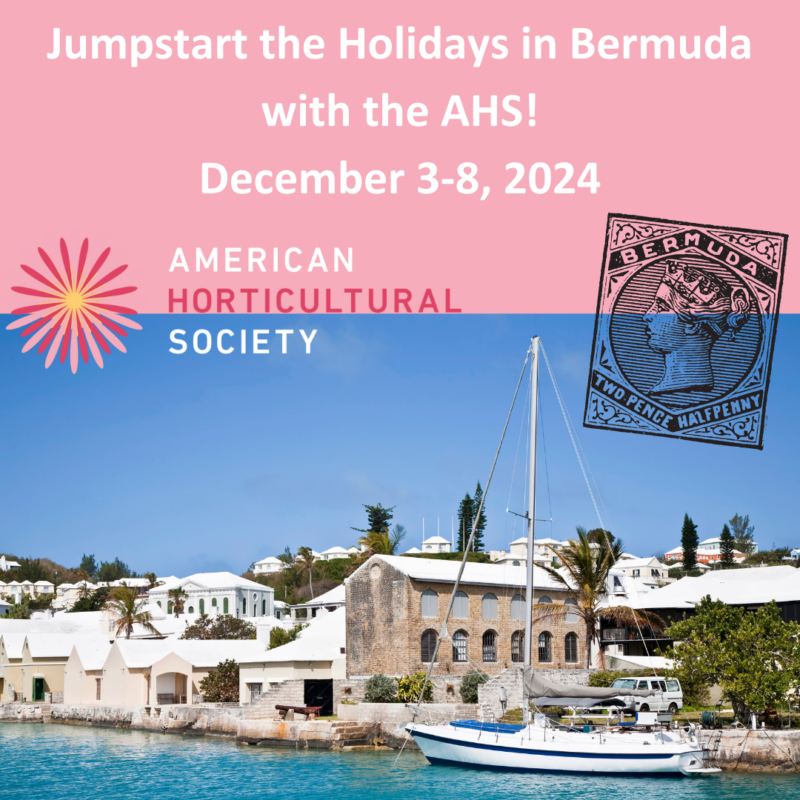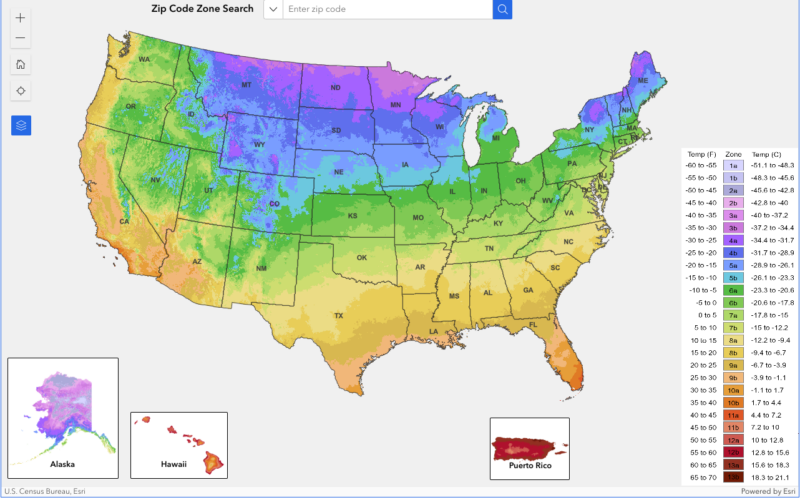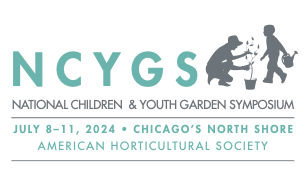Celebrating Black History Month in Horticulture

Throughout the centuries, Black Americans have elevated the field of horticulture, making discoveries and revolutionizing gardening practices. This Black History Month, we celebrate all Black horticulturists making a difference and paving the way for future gardeners. While there are too many impactful changemakers to recognize, we have chosen a few key figures to highlight. By lifting the voices of these select gardeners, we hope to foster a culture that invites all Americans to garden to ensure a thriving and beautiful world for current and future generations.
Historical Figures
Many historical figures helped shape the field of horticulture, furthering study in botany, agriculture, and plant science. Marie Clark Taylor, the first woman to obtain her scientific doctoral degree and the first African American woman to gain her Ph.D. in botany from Fordham University in 1941, eventually became a professor at her alma mater, Howard University in Washington, D.C., one of many Historically Black Colleges and Universities (HBCUs) across the country.
Another important figure who shaped the field of horticulture in the 20th century was Booker T. Whatley, a Black horticulturist and agriculture professor at the historic Tuskegee University in Alabama. As an advocate for sustainable gardening practices and biodiversity in gardening, he encouraged African American farmers to adopt regenerative farming techniques in the 1960s and 1970s. He pioneered what would eventually become the modern crop share, having members pay for a season’s worth of crops in advance. In the mid-1980s, he published a book called How to Make $100,000 Farming 25 Acres, which helped disadvantaged farmers make the most of their land. His impact on the field of horticulture resounds even today.
Plantfluencers
One group that is currently gaining traction in the public eye is “plantfluencers,” influencers who create content about gardening and houseplants. In the most recent edition of The American Gardener, writer Georgia Silvera Seamans featured three Black influencers who are prominent players in the houseplant social media sphere:
Kamili Bell Hill (@plantblerd) from New Rochelle, New York started her career as a lawyer, but now has published a book on gardening and indoor houseplants called Happy Plants, Happy You. She sees cultivating plants as a vehicle for self-love and anti-racism.
Plant biologist specializing in ethnobotany, Derek Haynes (@thechocolatebotanist) serves as a board member for The North Carolina Botanical Garden Foundation in Chapel Hill, North Carolina. He creates content tying together his identity as a Black man with his love for plants.
Stephanie Horton (@botanicalblackgirl) grew up in a plant-loving family in St. Louis, Missouri, but now lives and grows in Huntsville, Alabama. She has worked with HBCUs such as Alabama A&M to revitalize their agricultural programs and interdisciplinary career opportunities to further involve Black people in horticulture. She also produces events at a plant shop to “broaden the houseplant community.”
Nonprofits
Many nonprofits champion education and sustainability while working to increase food security for underserved communities. One organization is Soul Fire Farm, a Black, Indigenous, and People of Color (BIPOC)-focused organization using ancestral and sustainable methods to farm land in Grafton, New York. By championing farming methods that work in harmony with the earth, Soul Fire Farm, founded by Leah Penniman and Jonah Vitale-Wolff, is striving to achieve its mission to end racism in the food system and foster a more inclusive culture that recognizes the value of caring for our planet and working to leave the land better off than they found it.
Black Garden History
If you are interested in learning more about the role of the Black community in gardening throughout history, join us for a Lifelong Learning Session with Abra Lee on February 2 at 2:00 p.m. ET when she will talk about “Black Garden History: A Great American Road Trip.” In this session, Lee will highlight historic and influential figures in Black garden history. Lee is an American public horticulturist, historian, and writer who currently serves as the Director of Horticulture at Historic Oakland Foundation in Atlanta. You can register for the program here.
Clearly, the role African Americans have played in shaping horticulture cannot be understated. Many important discoveries and innovations would not exist without the hard work of Black gardeners, and we are thankful for their contributions every day. We are happy to honor and recognize important figures in the field for Black History Month, but also recognize that these figures should be celebrated year-round. We hope to see even more diverse voices amplified in the field for years to come.



